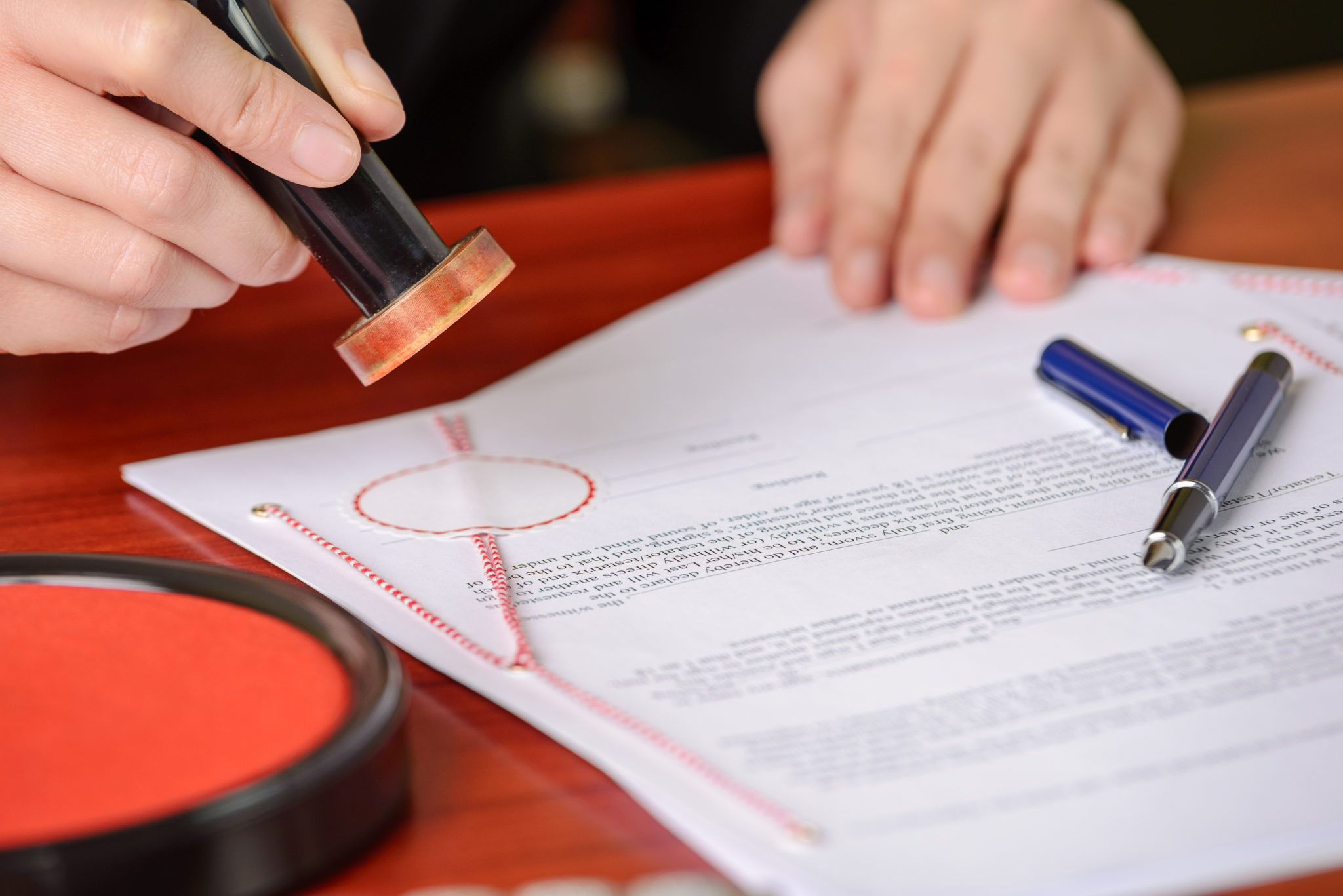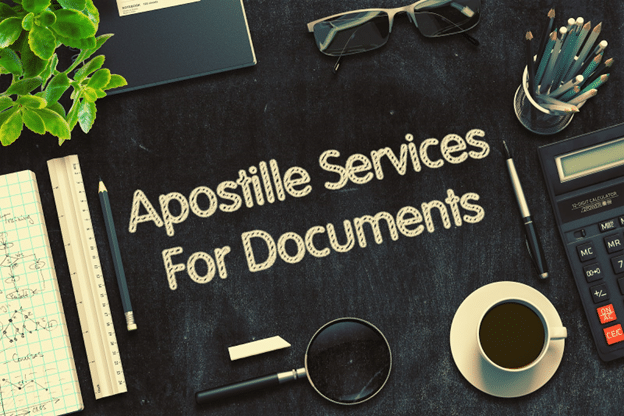Houston Texas Apostille Service: Your Course to Global Acknowledgment
Houston Texas Apostille Service: Your Course to Global Acknowledgment
Blog Article
Comprehending the Importance of Apostille Qualification and Why It Is Necessary for Legal Papers
In the world of legal documents, the procedure of validating and verifying documents for global use is a vital aspect that can not be ignored. Amongst the various devices available for this function, apostille qualification sticks out as a streamlined and widely recognized method. Understanding the intricacies and effects of apostille certification on legal papers is essential for individuals and organizations participating in cross-border activities. This certification carries extensive relevance in ensuring the legitimacy and acceptance of important documents past nationwide borders, but just what does it entail, and why has it end up being vital in today's globalized globe?
The Meaning of Apostille Accreditation
Apostille accreditation is a customized form of authentication that validates the authenticity of a legal document for international usage. This accreditation is essential for ensuring that documents stemming in one country are recognized as legitimate in an additional, simplifying the procedure of cross-border deals, legal process, or individual matters like marriage or adoption. The Hague Apostille Convention of 1961 developed the structure for this simplified accreditation procedure amongst getting involved countries.
To get an apostille qualification, the assigned authority in the paper's nation of origin must confirm the record's authenticity before affixing the apostille. When affixed, the apostille ensures that the paper will be approved as legitimate in any type of various other country that is part of the Apostille Convention, without the need for further certification.
Benefits of Apostille for Legal Papers
The utilization of apostille accreditation enhances the global acknowledgment procedure for lawful documents, supplying considerable benefits in facilitating cross-border interactions and legal formalities. One essential benefit of apostille certification is that it guarantees the authenticity of the paper concerned. By attaching an apostille certification, the file comes to be conveniently accepted in nations that are part of the Hague Apostille Convention, getting rid of the demand for further verification. This not just saves time but also minimizes the bureaucratic obstacles that commonly come with global paper confirmation processes.
Additionally, apostille certification improves the overall performance of lawful treatments by simplifying the process of validating the authenticity of a paper. This is specifically helpful in scenarios where time is important, such as in legal issues calling for swift cross-border actions. Furthermore, apostille accreditation helps in promoting trust fund and self-confidence amongst celebrations entailed in worldwide transactions, as it offers as a globally recognized seal of authorization for the paper's credibility. On the whole, the advantages of apostille accreditation for lawful files are important in promoting smoother global interactions and guaranteeing compliance with lawful requirements across boundaries.
Apostille Vs. Legalization: Trick Differences
When distinguishing between the procedures of apostille accreditation and legalisation for legal papers, it is necessary to recognize the vital distinctions in their respective authentication approaches. An apostille is a simplified form of legalization that is accepted amongst nations that become part of the Hague Apostille Convention. The apostille procedure confirms the authenticity of the file and the trademark of the releasing authority. It does not call for additional consular office or consulate legalization, making it an extra economical and uncomplicated approach for verifying papers worldwide.
On the other hand, legalization is a much more standard technique that involves several actions of verification. It requires verification by numerous authorities, including government divisions and international consular offices or consular offices other in both the providing and obtaining countries. This process can be extra pricey and taxing contrasted to acquiring an apostille. The selection in between apostille certification and legalization depends upon the details demands of the country where the document will be used. Understanding these distinctions is vital for making certain the correct verification of legal records for global usage.
Countries Accepting Apostille Qualification

While the Hague Apostille Convention has actually significantly streamlined the procedure of cross-border record authentication, there are still countries that are not party to the convention - Houston TX Apostille. Therefore, documents predestined for these countries may call for conventional legalisation procedures via consular offices or consulates. It is essential for businesses and individuals handling global deals to validate the particular requirements of the location nation to guarantee compliance with their legal requirements
Steps to Acquire Apostille for Papers
To acquire an apostille for your papers, you have to begin by identifying the appropriate releasing authority in your nation. The providing authority is generally the federal government department liable for verifying files, such as read this article the Assistant of State's workplace. Once you have actually recognized the proper authority, the following action is to guarantee that your document fulfills all the needs for apostille certification. These demands usually consist of having a trademark from an acknowledged official, such as a notary public, and any kind of needed supporting files.
After validating that your file fulfills the requirements, you will need to complete an apostille application given by the issuing authority. This type will certainly need information concerning the document being validated and the nation where it will be used. Along with the finished application form, you will likely require to send the original record, a copy of your identification, and imp source any suitable fees.

Verdict
Finally, apostille certification plays an essential function in making certain the authenticity and legitimacy of legal papers for international usage (Houston TX Apostille). Comprehending the relevance of apostille qualification is crucial for organizations and people browsing the intricacies of legal issues and cross-border deals. By getting apostille certification, parties can streamline the process of record verification and authentication, inevitably conserving time and resources in the international field
To get an apostille certification, the marked authority in the record's country of beginning have to confirm the document's credibility before connecting the apostille. When affixed, the apostille makes sure that the record will be accepted as legitimate in any other nation that is part of the Apostille Convention, without the demand for additional qualification.
By attaching an apostille certificate, the document comes to be easily approved in nations that are part of the Hague Apostille Convention, eliminating the requirement for more verification.Identifying between apostille accreditation and legalisation reveals the varying acceptance of these verification approaches throughout various countries, with some countries especially acknowledging and adhering to the apostille procedure. The apostille accreditation is widely approved among nations that are component of the Hague Apostille Convention, which currently has 118 participant states.
Report this page